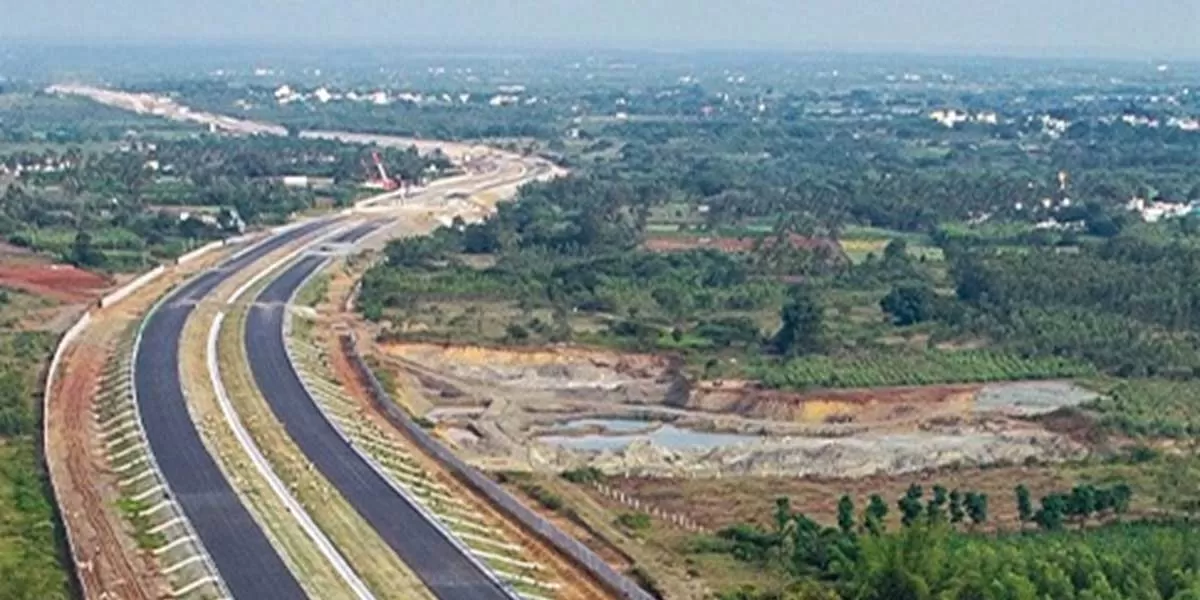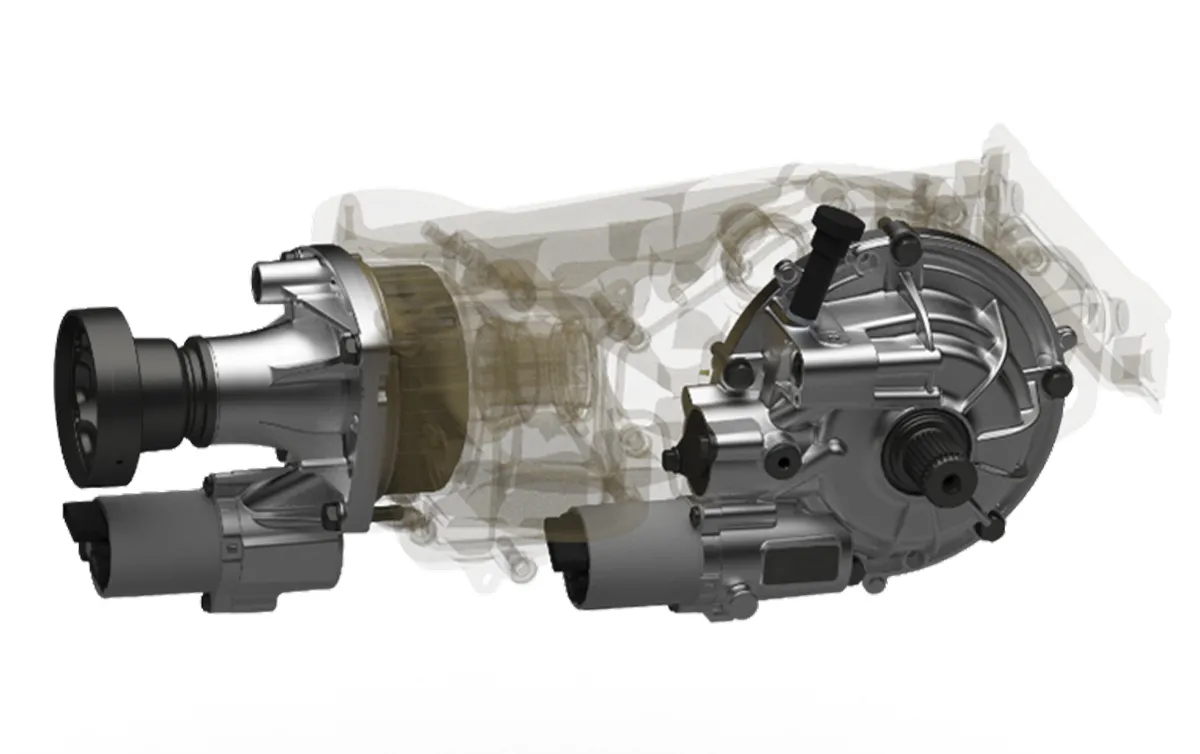
Chandigarh Municipal Corporation Embraces AI-GIS for Road Assessment

Liebherr’s 10,000th XPower Wheel Loader Joins BERGER’s Fleet
BERGER Rohstoffe GmbH has welcomed the 10,000th Liebherr XPower wheel loader to its operations at the Schlag granite quarry in Passau. The milestone machine, officially handed over at Liebherr’s Bischofshofen plant in May 2025, underscores the long-standing partnership between BERGER, Liebherr, and the Beutlhauser Group. Equipped with Liebherr’s signature power-split travel drive, the new L 580 XPower is already delivering strong results under demanding quarry conditions.At the Schlag quarry, BERGER Rohstoffe processes approximately 200,000 tonnes of Bayerwald granite annually into high-qu..

BorgWarner Expands AWD Supply Partnership with Chery
BorgWarner has announced multiple new contracts with Chery to deliver its latest All-Wheel Drive (AWD) technologies, including the torque-on-demand transfer case with mechanical lock (Mlock TOD) and its sixth-generation Cross Wheel Drive (Gen VI XWD) system. Mass production is set to begin in 2027, marking a significant expansion of the long-standing collaboration between the two companies.“This collaboration leverages BorgWarner’s broad product portfolio and technical expertise to support Chery’s growth in China and global markets,” said Isabelle McKenzie, Vice President of BorgWarner..

K2 Infragen Appoints Vikas Lakhanpal as Whole-Time Director
K2 Infragen has announced the appointment of Vikas Lakhanpal as Additional Director (Executive) and Whole-Time Director for a five-year term, subject to shareholder approval. The appointment reinforces the company’s strategic focus on leadership excellence as it advances its growth, operational capabilities, and innovation-driven transformation. Lakhanpal will lead the company’s Supply Chain function and play a key role in strengthening operational performance across all project domains.With nearly 30 years of global experience in supply chain management, operations, and business leadershi..
















